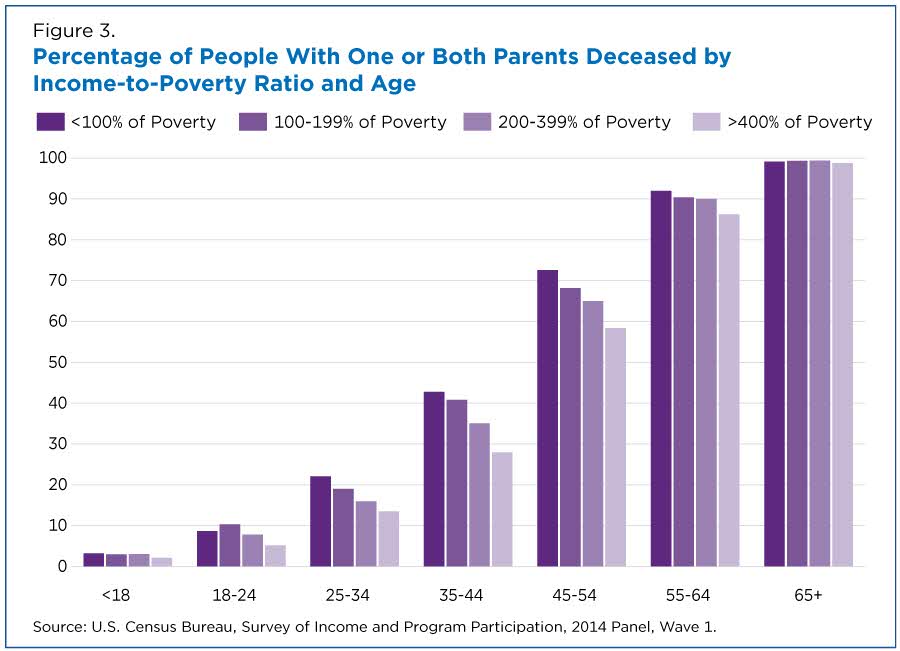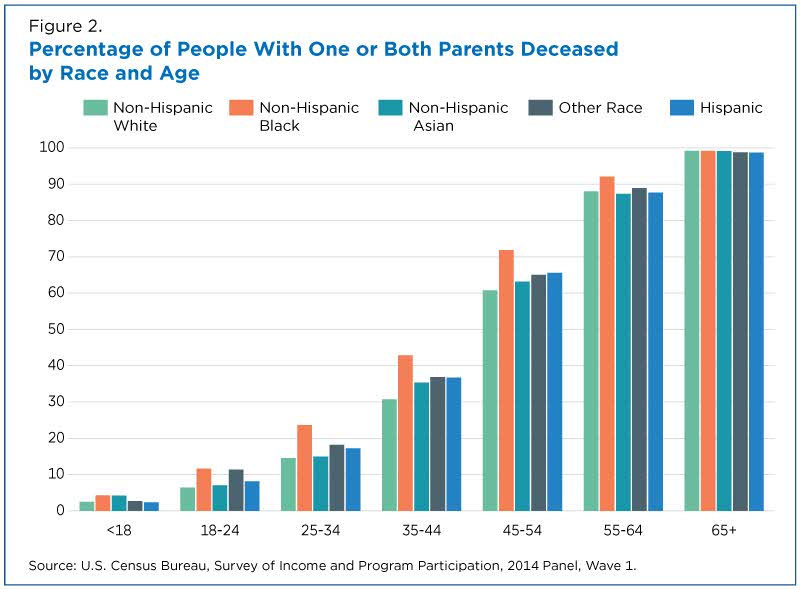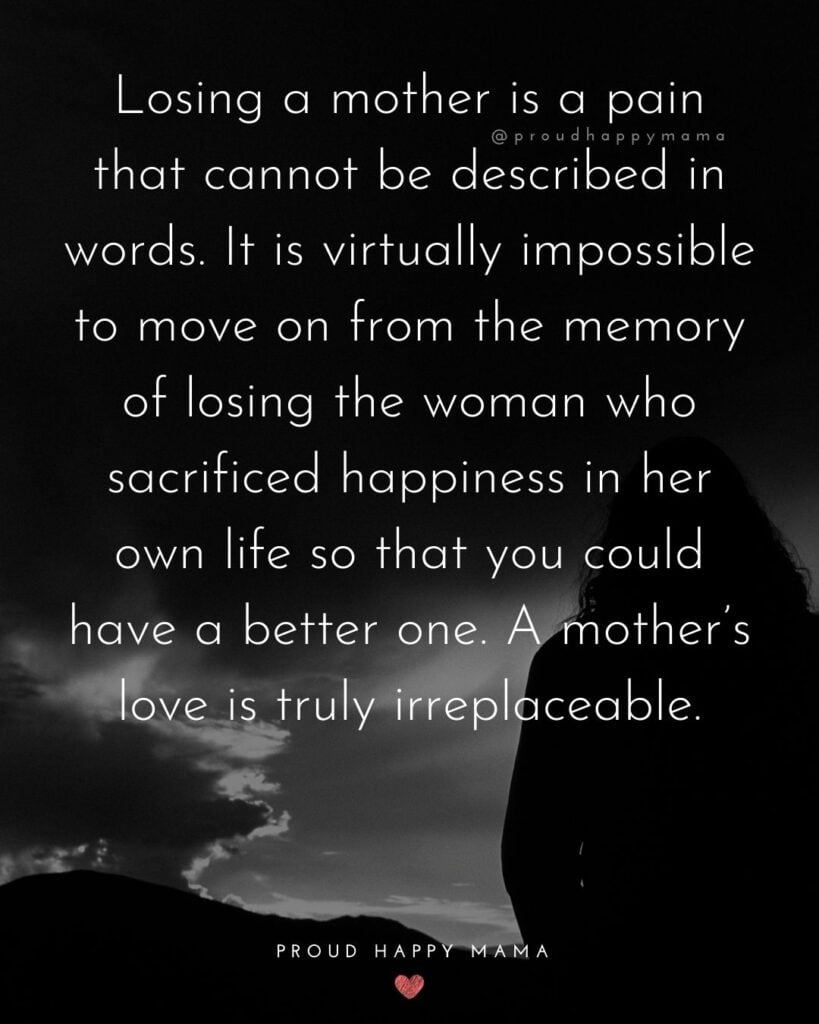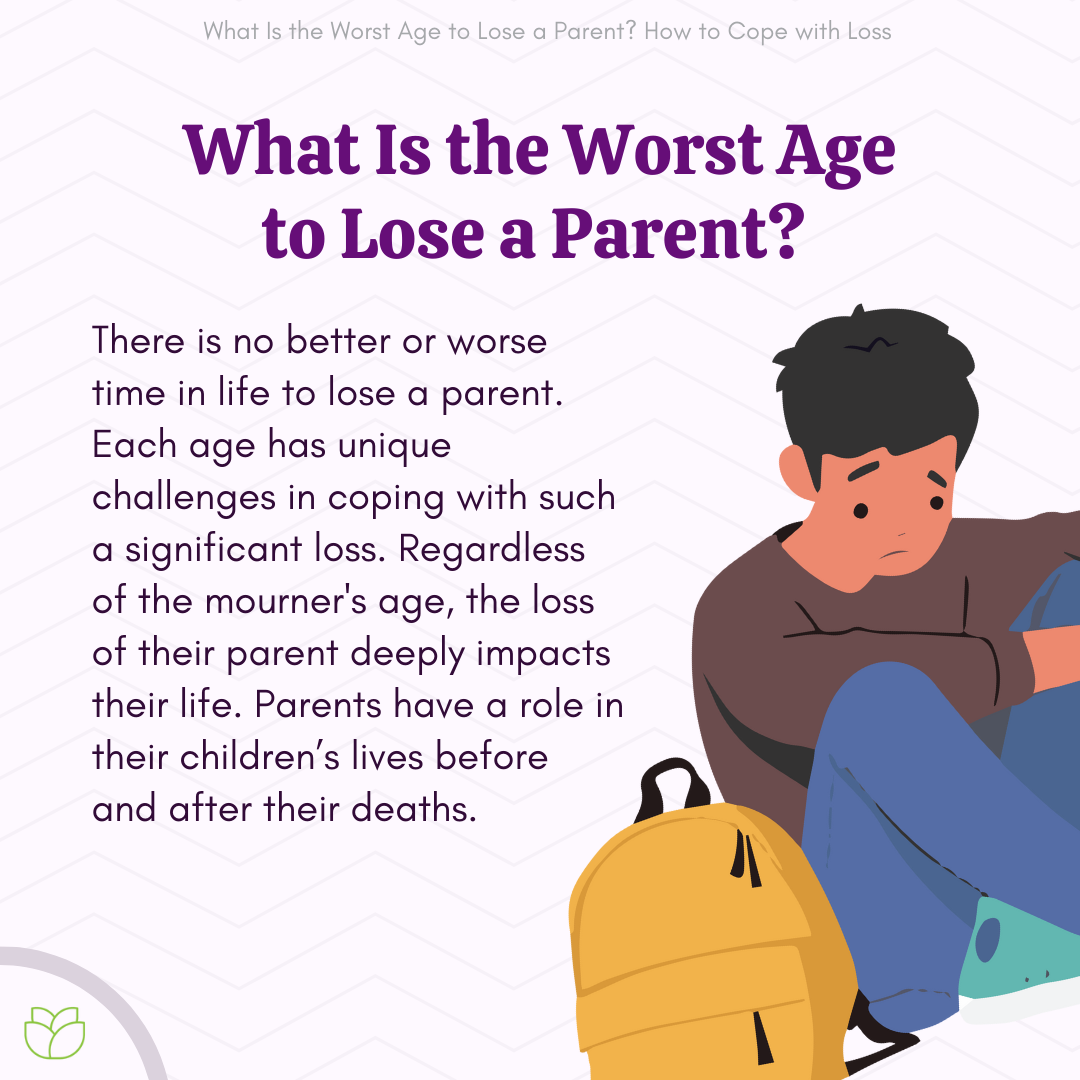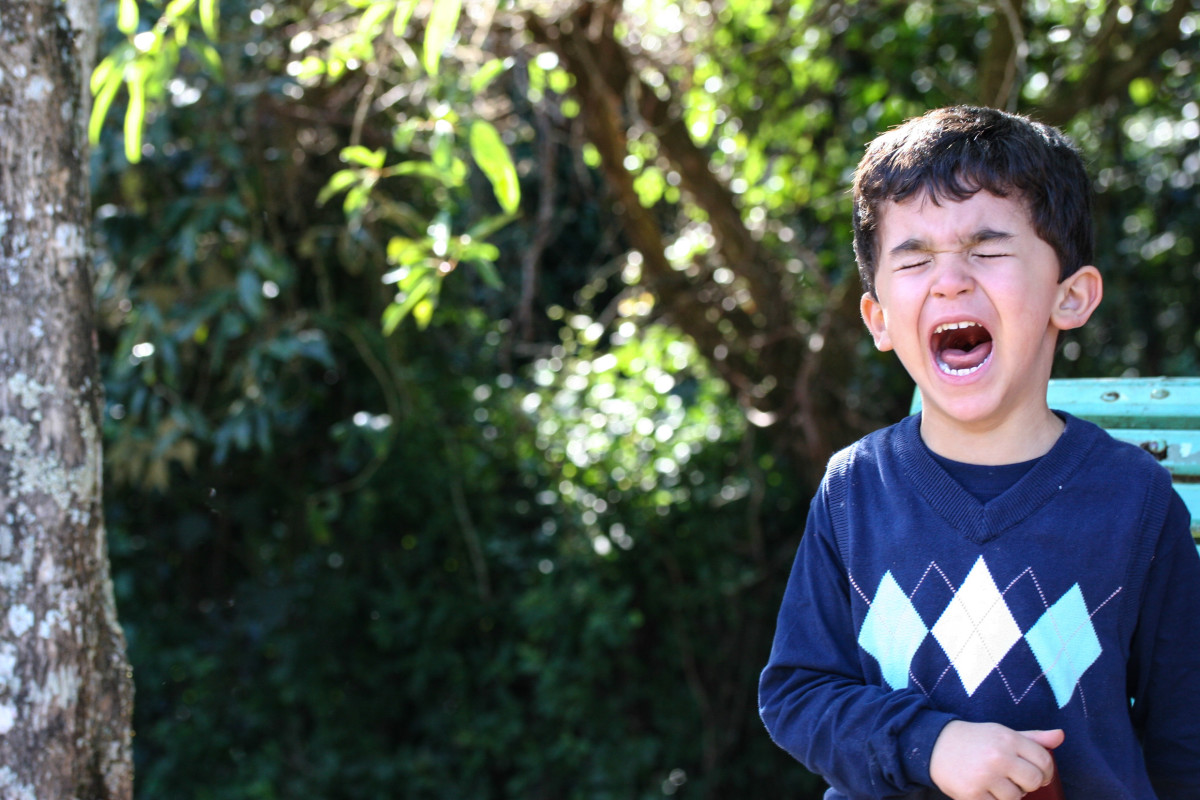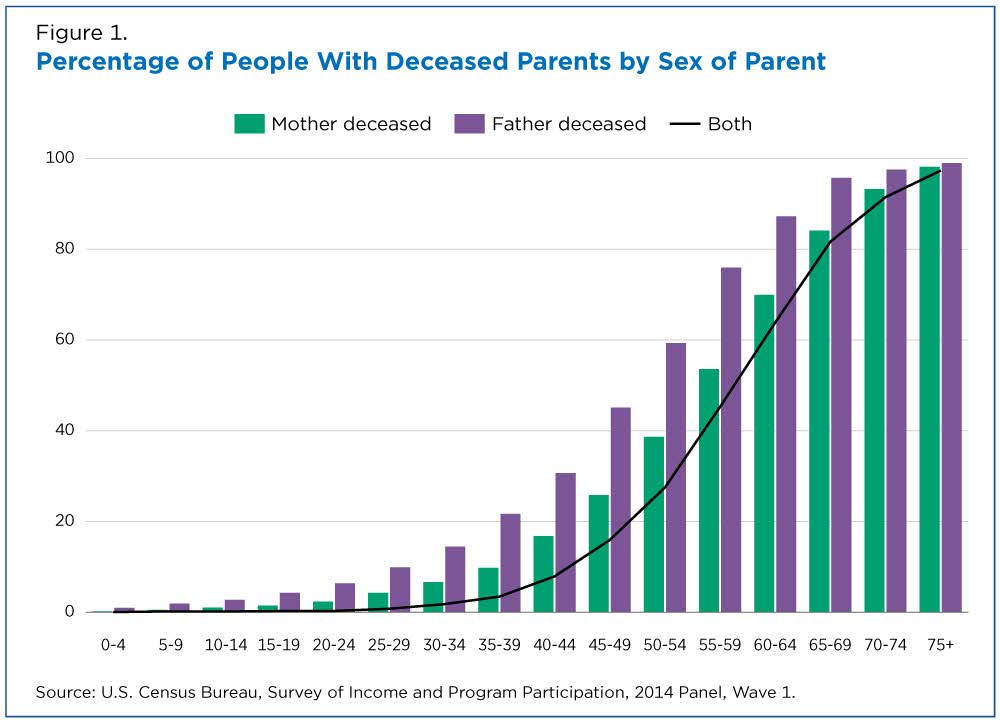Looking Good Tips About What Is The Hardest Age To Lose A Parent Little Girl Hairstyles For Short Natural Hair

Losing a parent is never easy, no matter your age readers respond to adrian chiles’s article about the death of his father and share their own experiences tue.
What is the hardest age to lose a parent. I would have rather lived. Age 8 is the hardest age to parent, according to parent poll. Every stage of parenting has its challenges, but one poll reveals what age most parents feel.
Losing a parent in childhood significantly raises the risk of developing mental health issues, and about 1 in 20 children aged 15 and younger have suffered the. For people between 45 and 54,.
The following tips will help you deal with losing a parent in your 30s or at any age. Realize your peer group’s limitations. In the luthar and ciciolla study, having a high schooler was easier on parents than having a middle schooler, and having an adult child was a particularly.
Losing a parent is one of the most challenging experiences we will ever go through. How to appropriately grieve for a parent. Many young mothers who had previously coped with losing their own mother, first come to bereavement counselling when they become mothers themselves.
Adolescents are still learning to regulate their emotions, and the death. It’s an emotionally devastating event, yet it’s something almost all of us will. A person may find many avenues for support and help, including communities, places of worship,.
This article is part of. Any age is bad, unless your last name is wayne. Both men and women of any age who remain single and living with either or both parents, often display intense grief on becoming orphaned.
Losing a parent means something different for each individual and the core of the experience can vary. The loss of a parent can be an overwhelming, emotional time. Mental health symptoms, including depression or thoughts of suicide.
For example, children who lose a parent. Hopelessness or despair. The hardest age to lose a mother can vary significantly among individuals, but adolescence is often cited as particularly challenging.
Above age 15, you've learned a lot of the life lessons that a parent exists to teach you, and you likely have experienced death and have some coping skills. Losing a parent during the teenage years can cause emotional turmoil. Your grief is natural and necessary.
The age at which a young child experiences parental loss can significantly impact how they cope and move forward. Losing a parent in your childhood, 20s, 30s, 40s, and 50s. Grieving the loss of a parent in one’s 20s through 50s is.
